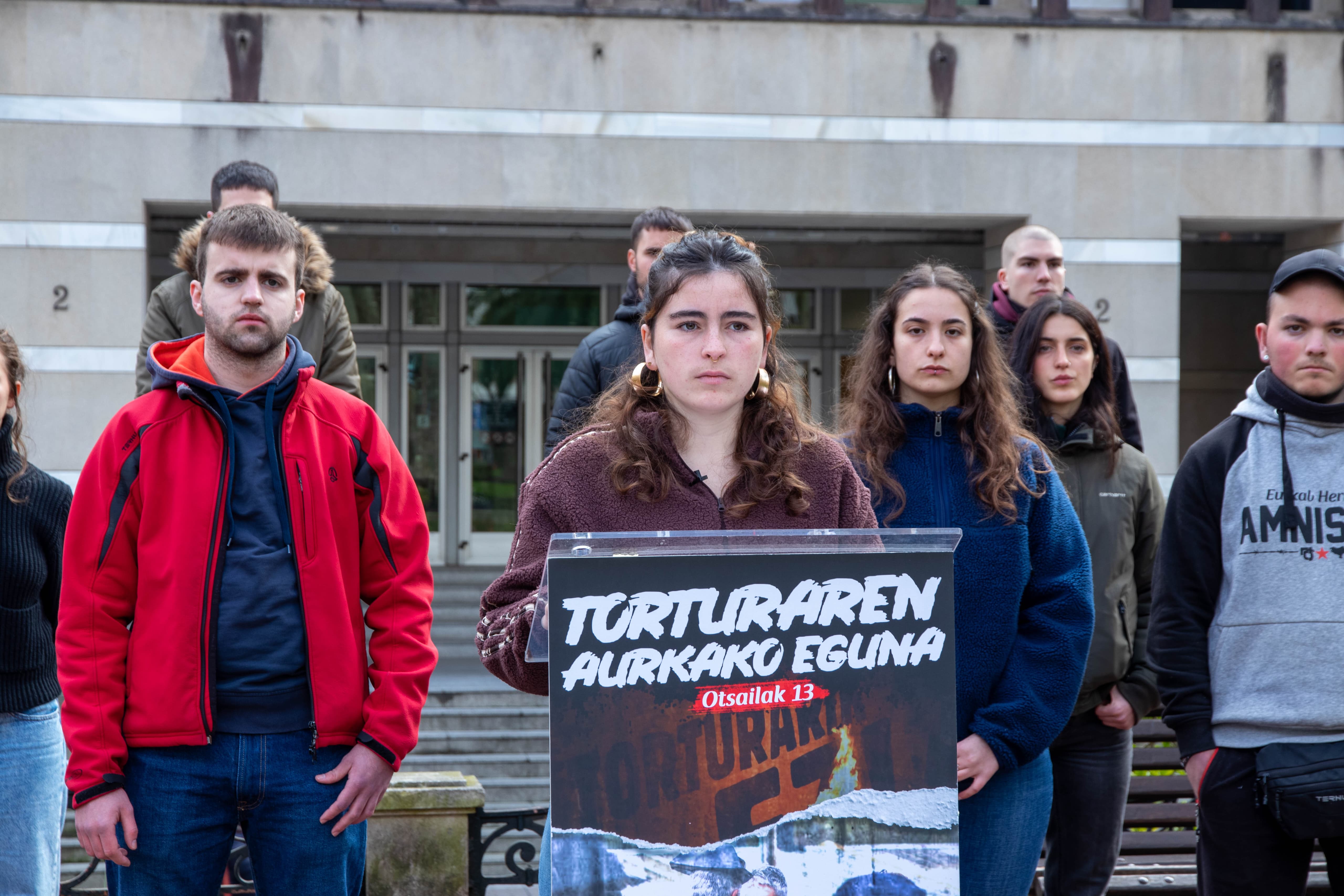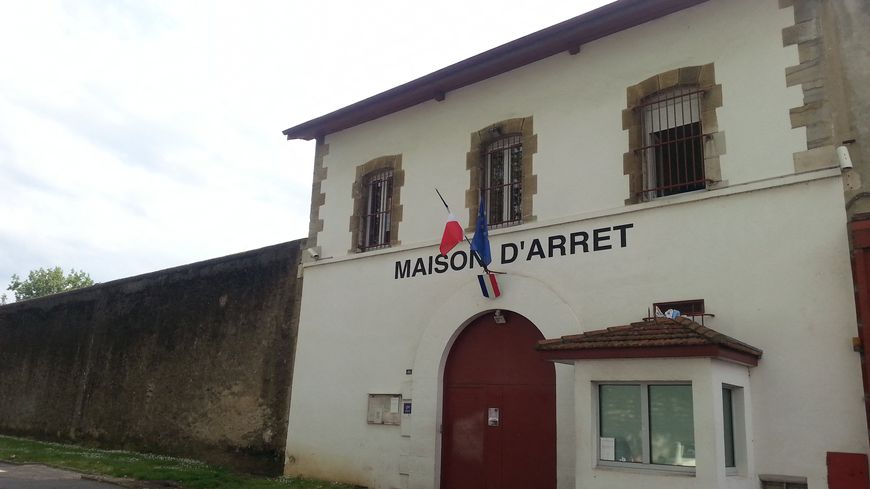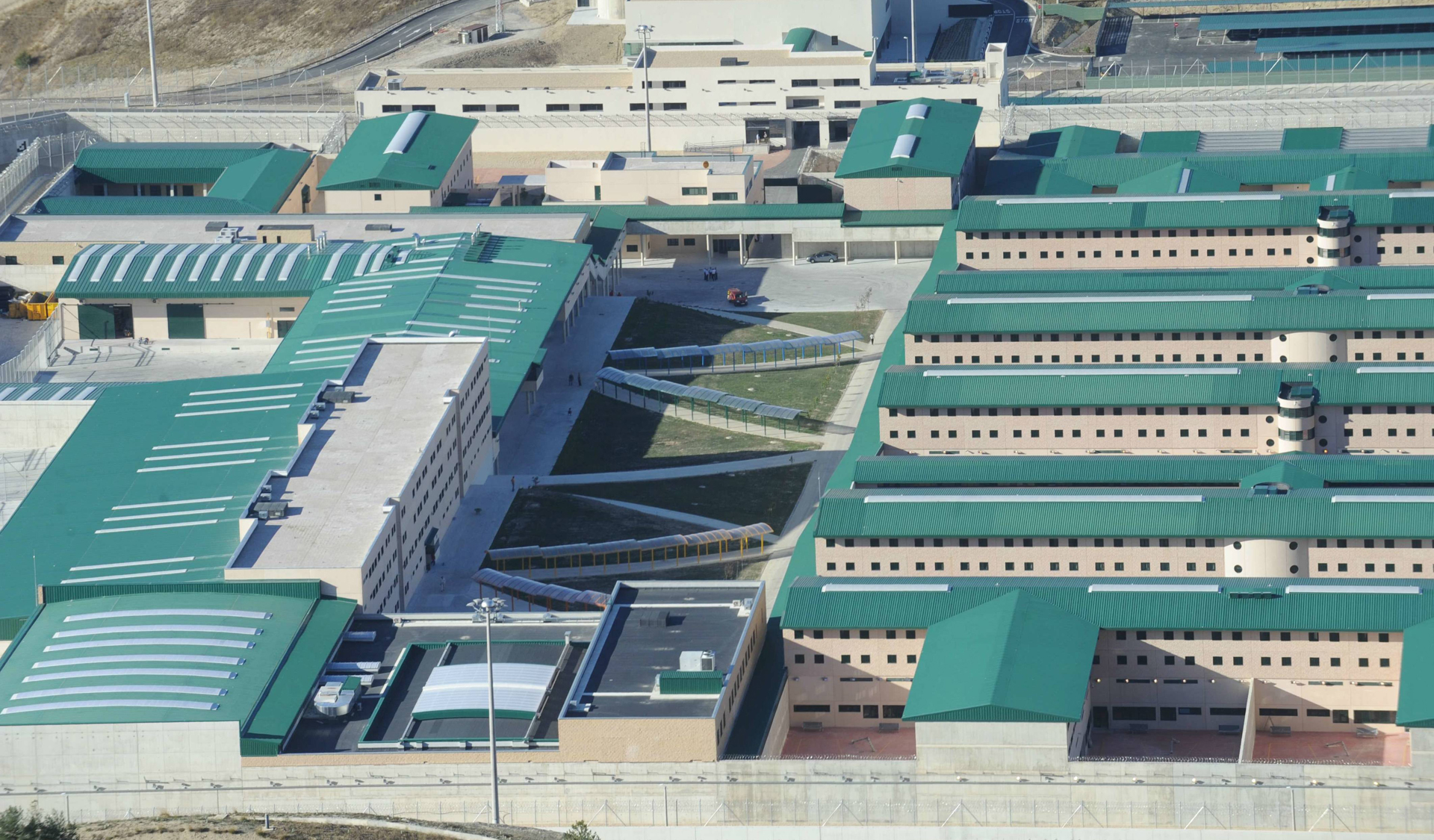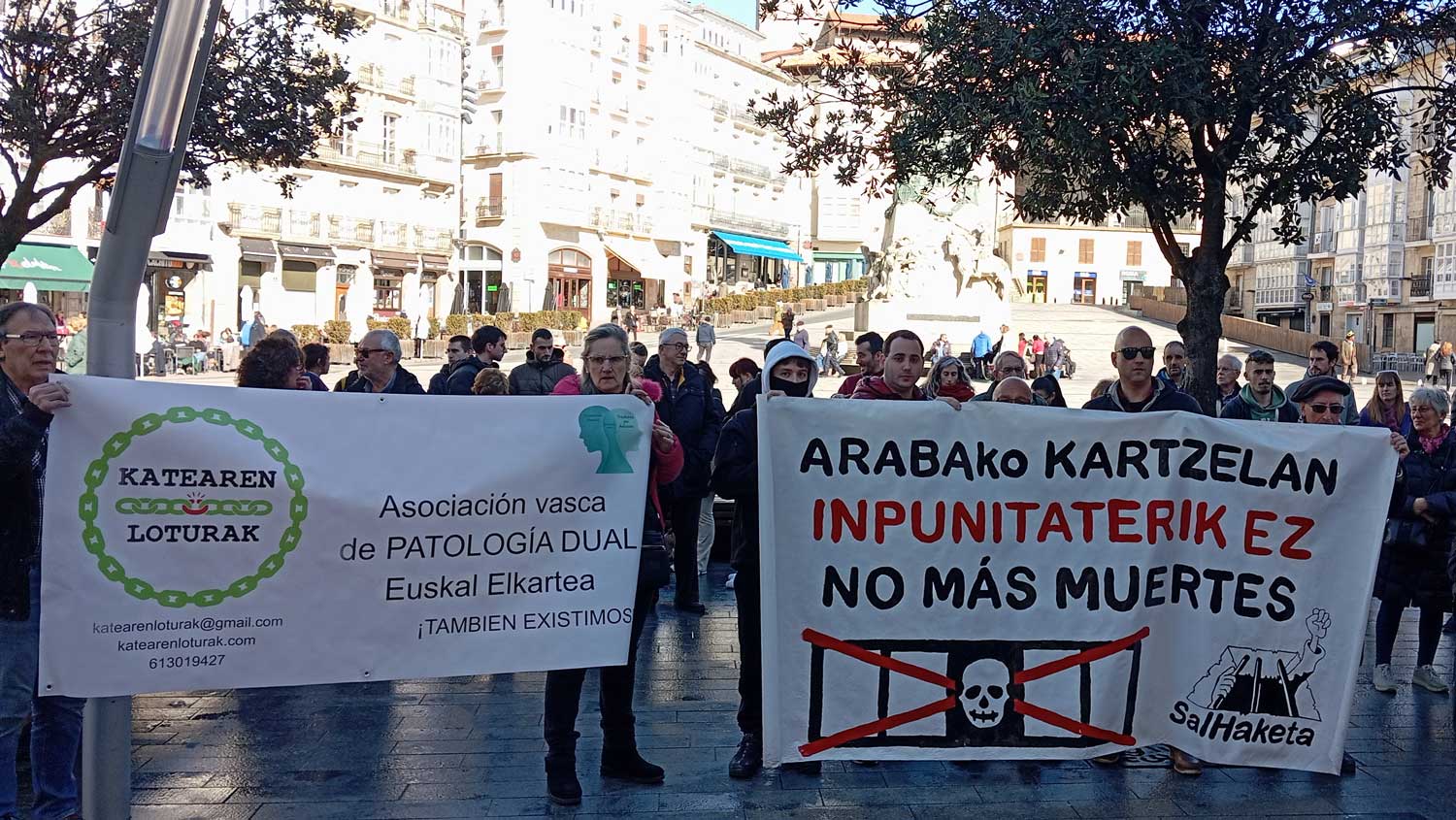Suicide of prisoners: what happens inside the prison?
- It increases suicidal behavior among prisoners due to psychological and sociodemographic factors. In Hego Euskal Herria, in 2023, two prisoners committed suicide one more week. The Basque Government has recently launched a new protocol that reinforces the figure of “support prisoners”.
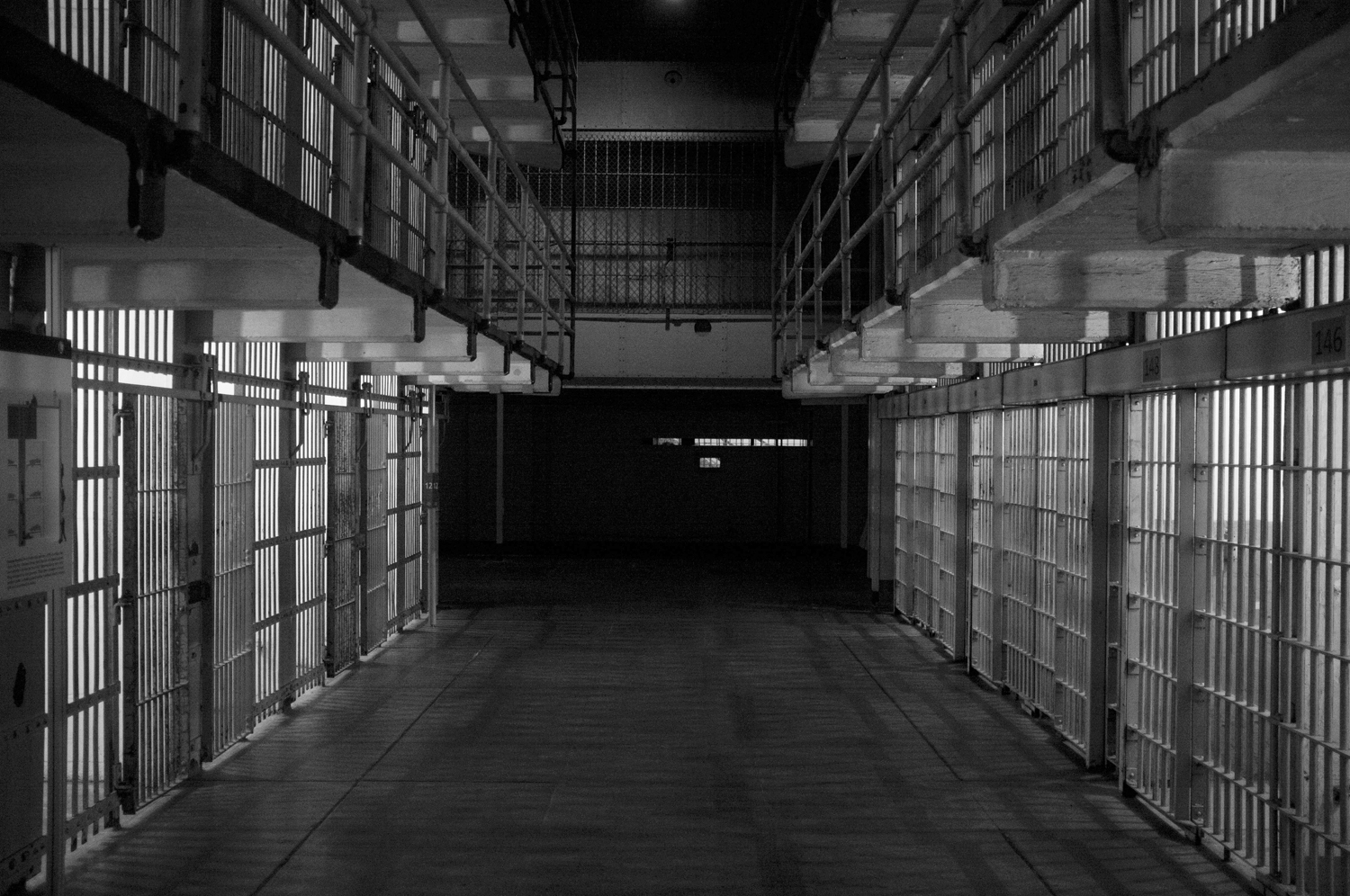
Suicide remains a major public health problem and the leading cause of unnatural death worldwide. According to the World Health Organization, about 700,000 people commit suicide each year and many others remain in the attempt.
According to the suicide prevention report published by the WHO and the International Association for the Prevention of Suicide, most of the inmates who committed suicide are awaiting trial, are young men (20-25 years), single and, in general, those who have first broken the law and been arrested for small crimes. These offences are normally related to illegal substances. On the other hand, prisoners who commit suicide after four or five years are usually older, from 30 to 35 years.
Among prisoners, suicidal behavior increases with respect to the general population, due to many factors and the psychological impact of prison. The absence of the couple and children, the lack of family support, the fact that they are migrants, substance abuse, a mental disorder, a premature suicide ... are some of the studies that point out that the suicide rate of substance abuse is the second highest in Europe. “The risk of suicide of people in prison is ten times higher than the rest of the population,” said Marta Aldanondo, member of the Delegation of Álava.
The risk of suicide of people in prison is ten times higher than the rest of the population
Prisons have a responsibility to protect the health and safety of prisoners and, if not, they may be contrary to the law. Article 25.2 of the Spanish Constitution states that “the condemned person shall enjoy the fundamental rights, shall have the right to paid work and to all the benefits of social security, the enjoyment of culture and the full development of personality”. The Constitution requires deprivation of liberty to be used for social reintegration. In general, persons in prison are entitled to good privacy and health and safety conditions. As well as political, social, economic and cultural rights.
To avoid suicide, a broader view Insufficiency in professional health is
a growing problem in recent years. In the area of mental health, the deficiency of psychologists also negatively affects the care and care of patients. It should be noted that sometimes mental health and suicide are linked. And the professionals working in the prisons have confirmed to us that the lack of health professionals in the prisons is even greater than in society in general, with all that this entails.
Jose Mari Loizaga, member of the Anti-AIDS Committee, points out that the figure of the “assistance prisoner” helps “very importantly” to prevent suicide. Relief prisoners are prisoners who are placed in the same cell together with those at risk of suicide in the cell. In the words of Loizaga, the person with this risk of suicide should know that he will be with another inmate so that he does not hurt himself, and should be assisted by psychological and psychiatric intervention.
Combating suicide requires a broader approach that includes care for prisoners at risk of suicide, as well as detection of risk signs and adequate response. “It’s very difficult to prevent a prisoner from falling into total despair, but there is no better protective pill than to improve our environment and to do so we need to meet basic needs,” added Loizaga.
To avoid suicide it is necessary to improve the stay in life and in jail. Loizaga explained that measures such as increasing mental health personnel in prisons, promoting emotional and social support activities for inmates, improving living conditions or promoting social inclusion policies can help.
Jose Mari Loizaga, Anti-AIDS Committee: "There is no better protective pill than to improve the environment and for this you have to meet the basic needs"
After two deaths, the change of protocol in October 2021 was assumed by the Basque Government to manage the three CAPV prisons: the prisons of Zaballa
(Álava), Basauri (Bizkaia) and Martutene (Gipuzkoa). Beatriz Artolazabal, then Minister of Equality, Justice and Social Policies, explained that the work focuses on “the gender perspective, the care of victims and the defense of human rights”. Moreover, he added that his goal is “to modernize justice and closeness to the most vulnerable groups”, as well as “the vocation to achieve social and labor integration of prisoners from a formative perspective”.
Marta Aldanondo, of the Salhaketa Association in favor of prisoners, points out that competition started with “very good words”, but at the moment government management is a continuation of what existed. He also points out that they were able to do “an important job” before assuming the competition, but that they “did not.”
Recently the Director of Justice of the Basque Government has launched a new protocol that puts at the centre the figure of the welfare prisoner we have mentioned. The Basque prisons shall provide training courses for these prisoners to acquire various skills and receive remuneration. The protocol updates the guidelines given by the penitentiary centers in 2014, taking as a reference the suicide prevention program of the Zaballa prison and the prison protocol of Catalonia.
But the change of protocol has not occurred until two deaths occurred in a single week, one in Zaballa prison and another in Martutene prison last March. Ten prisoners have died in Hego Euskal Herria since 2015.
"Sometimes institutional violence has been more painful than death"
.jpg)
Malek was a prisoner in Zaballa since September 2020. On 28 February 2023, according to his official version, he committed suicide and was not included in the suicide prevention program because there were no “indications” for this, according to Councilman Bingen Zupiria of the Basque Government. The spokeswoman said she “surprised” and that the jail was going to give information and “help” the family. Zuriñe Rodriguez and Ana Álvarez, the Malek family, have denounced the lack of support from the Basque administration, bureaucratic obstacles and racism.
They knew that Male was in a complicated situation, warning him during a visit. Did you have a chance to notify someone of the prison? No, but we didn't have to notify anyone of the jail, you can't take responsibility for the warning in the family. This could affect Malek because his will was not respected. Because we talk to him about his situation and the possibility of asking for help.
Many people suffer from drug dependencies in prison. In the case of Malecas, they claim that drug use increased considerably. Is drug use in prisons controlled enough? No, quite the opposite. In fact, Male started using substances he never consumed outside of jail. To control prisoners, prison staff introduce
drugs and detoxification programmes are not accessible to all. When we met with the management, they told us that relatives are responsible for introducing the drug. Enough. Heroin entered the pandemic a lot and there were no visits.
"Malek had no comprehensive therapeutic treatment. A month and a half before he suffered a suicide attempt that revealed his situation."
According to the official version, Malek committed suicide, although he was not protocol against suicides because prison surveillance personnel had seen no danger to it. But before death he made another suicide attempt. What has failed? He did not have comprehensive therapeutic treatment. A month
and a half before he suffered a suicide attempt that revealed his situation. Male does not trust doctors because treatment is not always appropriate. They will therefore have to explain what has failed.
You had trouble getting Malek's passport and death certificate, without which it was impossible to send the body to Algeria. What happened? The
passport was handed over on the day of arrest and we were not returned to the day of death. Obviously, there is irresponsibility. If you have custody of a person, you should have the documentation collected. They lost. It's hard to say, but sometimes institutional violence was more painful than death itself.
How has the Basque administration been treated during the bureaucratic process? In general, treatment has been dehumanized. The counselor said publicly that they were going to help the family, but the family
has had to contact them. They have not allowed us to choose funeral home and forced us to negotiate money for funerals and repatriation. We haven't heard of them today. We have denounced this.
The same week as Malek's death, another prisoner committed suicide. The Basque administration is directly responsible, prisoners
are in their custody. The government has recently modified the suicide protocol, but how many deaths and media noises have been necessary? This highlights their low interest in prisoners.
Are the rights of prisoners protected? No, and not only linked to suicide. We do not know what happens inside a prison, there is no
control of it and we do not know whether or not rights are violated. There are penalties that directly violate the rights of prisoners, such as preventing walks or imprisoning in the cell for long days.
How can suicides be avoided? Prevention is the key. The new protocol calls for coordination between prisoners, families and prisons, but the relationship should
be different. A relative does not have a good relationship with the prison if it penalizes and violates the rights of his family member. Furthermore, the prisoner has the right to privacy and he decides with whom he wants to share his situation and with whom he does not. Control is replaced by comprehensive psychological care.
“Saihestu egingo dira giza eskubideen, ordenamendu juridikoaren eta espetxeetako tratamendu psikosozialaren aurkako balioak eta jarrerak babestea, justifikatzea eta goratzea ekar dezaketen adierazpenak”, dio, besteak beste, agiriak. Azaroan Eusko Jaurlaritzako... [+]
34 edo 35 urteko gizonezkoa, gasteiztarra eta alaba baten aita, ostegunetik ostiraleko gauean hil zen, Salhaketak jakinarazi duenez. Elkarteak gogoratu du Jaurlaritzak espetxe eskumena hartu zuenetik hiltzen den bederatzigarren presoa dela, eta egiturazko aldaketak eskatu ditu... [+]
Alarma jo du, beste urte batez, OIP Presondegien Nazioarteko Behatokiak. Abenduaren lehenean marka berri bat hautsi zen frantses estatuan, 80.792 pertsona atxiloturekin. Espetxe-administrazioaren aitzinikuspenen arabera, gainera, 86.000 baino gehiago izan litezke 2027an egungo... [+]













